The Great Railroad Revolution (33 page)
Read The Great Railroad Revolution Online
Authors: Christian Wolmar

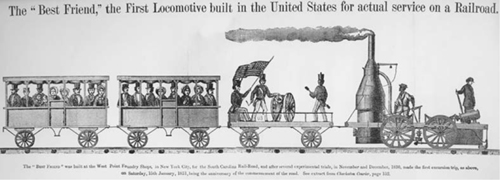
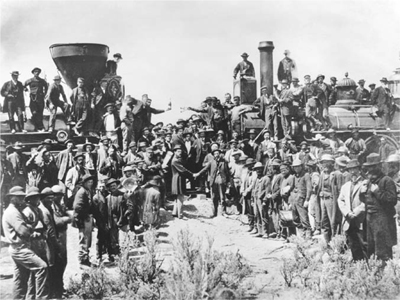
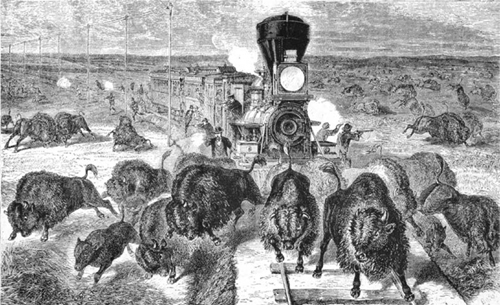
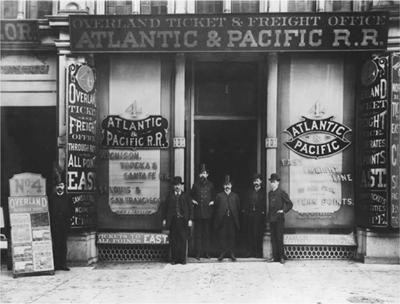
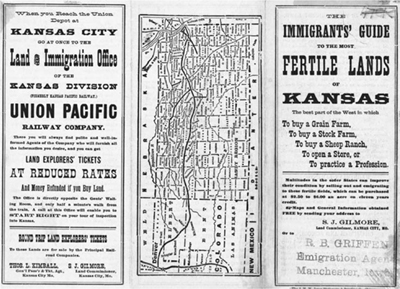
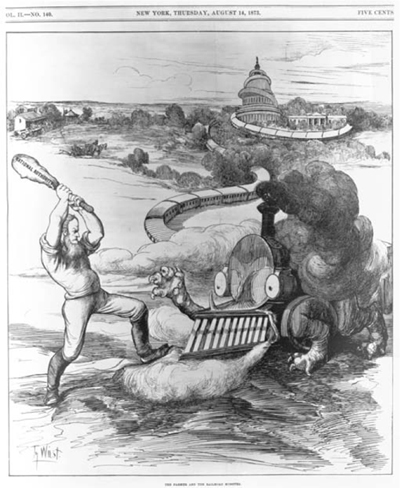
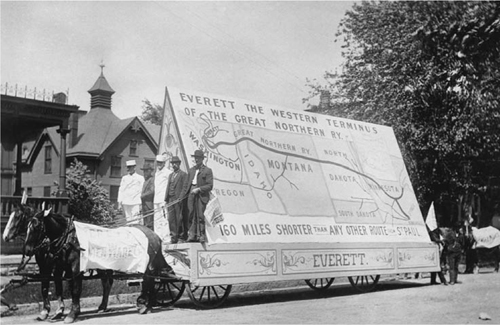
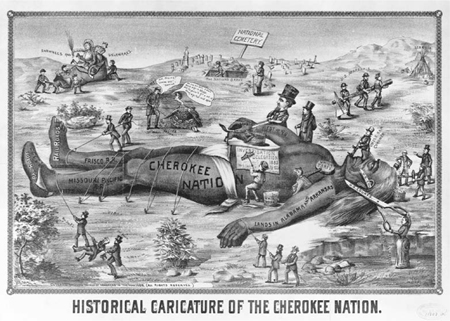
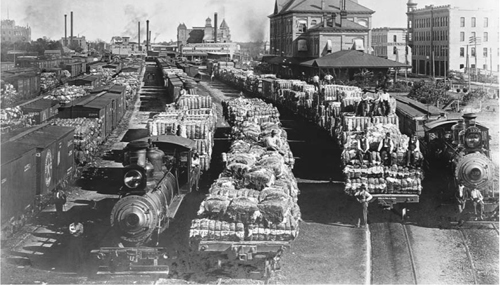
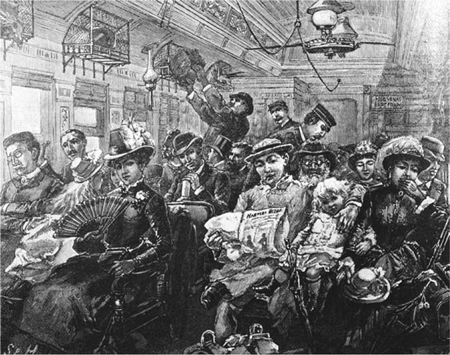
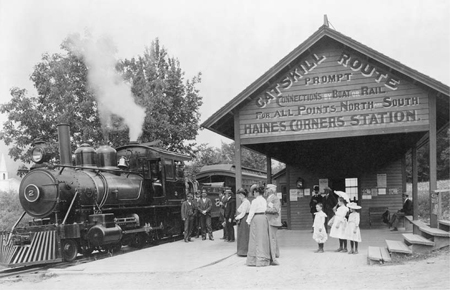
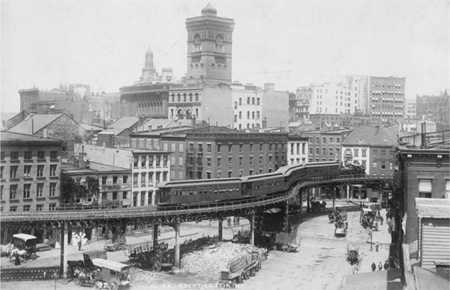
Other books
Bannerman's Law by John R. Maxim
Ultimatum by Gemma James
Best Lunch Box Ever by Katie Sullivan Morford
The Back-Up Plan by Mari Carr
Wild Luck (Vegas Billionaire Obsession #2) by Chloe Grey
Murder Down Under (A Darcy Sweet Cozy Mystery Book 17) by K.J. Emrick
Moonlight Kin: A Wolf's Tale by Summers, Jordan
Absolution (The Protectors, Book 1) by Sloane Kennedy
Robert Mitchum: Baby, I Don't Care by Lee Server
She's Mine by Sam Crescent